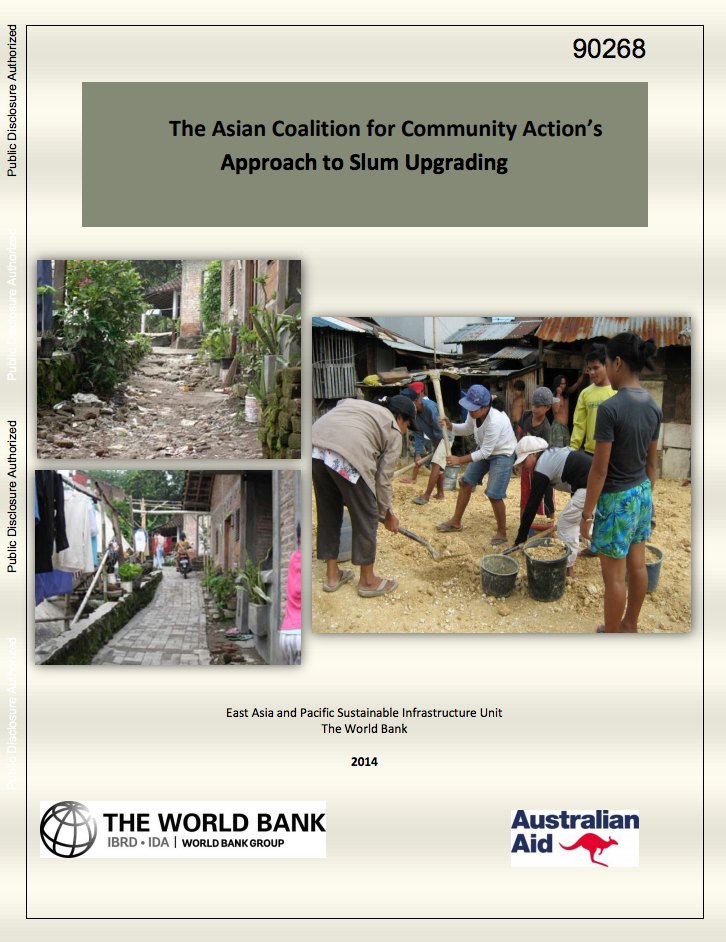Sierra Leone Growth Pole Diagnostic : The Growth Poles Program
This First Phase Report on Sierra Leone
growth poles is the result of a 9 months consultative
process led by the Office of the President which
specifically requested that the output of this diagnostic be
in an engaging format. The fundamental concept of growth
poles is that they exploit agglomeration economies and
spillover effects to spread resulting prosperity from the
core of the pole to the periphery. At the basis of this


